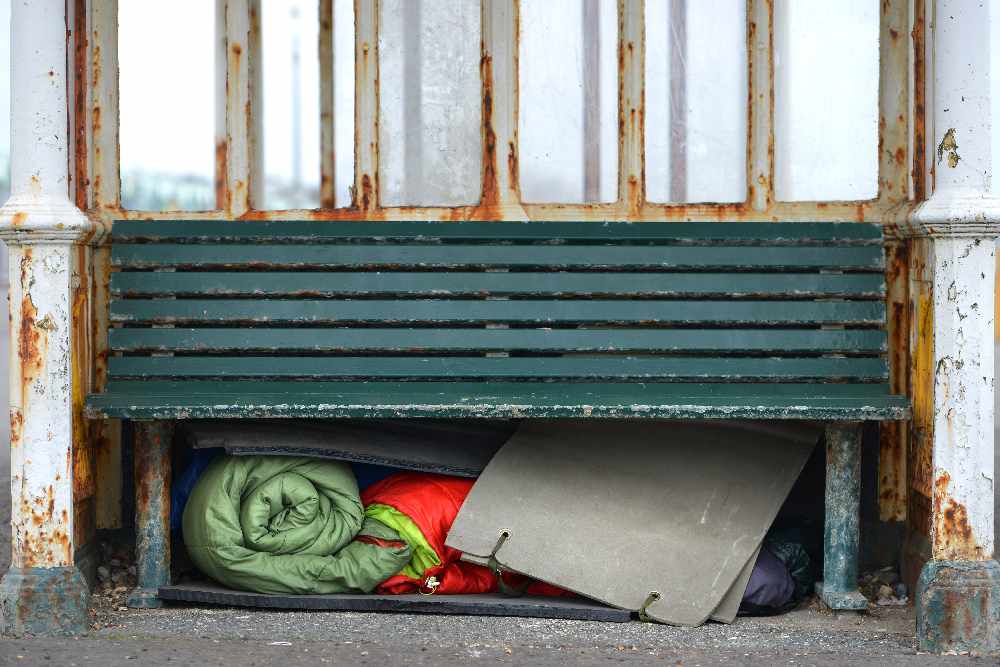
The number of Islanders who identify as homeless has jumped from nine to “in excess” of 80 since the Isle of Wight Council was responsible for housing all rough sleepers.
But 50 per cent of those have been moved into ‘stable accommodation’, according to the Isle of Wight Council’s Service Manager for Housing, Jamie Brenchley.
EXCLUSIVE
Mr Brenchley says in the coming weeks and months “20 to 30 individuals will have no options” but insists the local authority will be working with partners to provide “wrap-around tailored services” to resolve their housing situation.
On March 26, the Government introduced a scheme now known as the ‘everyone in’ scheme, which requested all local authorities house any rough sleepers or anyone at risk of sleeping on the streets - within 48 hours - because of the coronavirus pandemic.
Over 14,500 people across the country were given emergency accommodation as a result.
Jamie Brenchley, Service manager for housing at the Isle of Wight Council said:
“What we know is that the visible became visible and actually over the last couple of months we have worked tirelessly and have successfully moved 50% into long-term stable accommodation - which is huge.”
He outlined some of the reasons for a rise in numbers on the Island:
- Islanders evicted due to unemployment
- Islanders forced to shield from vulnerable family members/friends
- Communal shelters deemed ‘high-risk’ and unusable
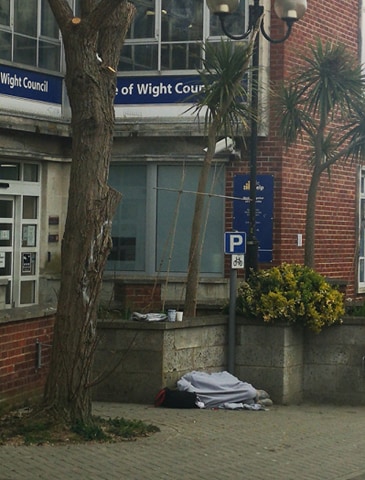
A rough sleeper outside the Isle of Wight Council building
After concerns were raised from the homeless charity Crisis, that many people could be forced to return to the streets as lockdown is eased, the Government promised an extra £105m to support rough sleepers.
Mr Brentchley also praised the efforts of hotels for embracing the situation, adding there are “further discussions to be had".
He said:
“It is by no means over - the challenges still remain and we know approximately 20 to 30 individuals that will have no options in the comming days and weeks.
“But we will be working with partners (such as mental health services) to look at how to provide wrap-around support and specialist tailored interventions and see the pandemic as an opportunity to positively affect people’s lives.”


 Emergency Services In Rescue Of Casualty In Water Near Ryde Pier
Emergency Services In Rescue Of Casualty In Water Near Ryde Pier
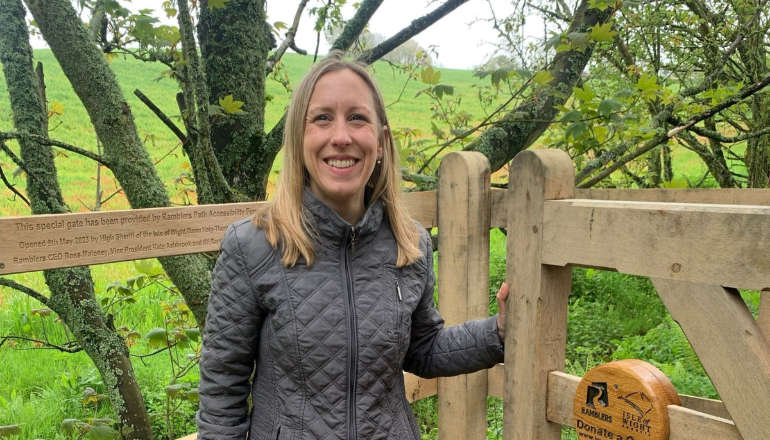 Motion 'To Gain Full Backing' For Isle Of Wight Farmers Tabled By Chale, Niton And Shorwell Councillor
Motion 'To Gain Full Backing' For Isle Of Wight Farmers Tabled By Chale, Niton And Shorwell Councillor
 Sale Of Former Yarmouth CE Primary School Site Moves Step Closer
Sale Of Former Yarmouth CE Primary School Site Moves Step Closer
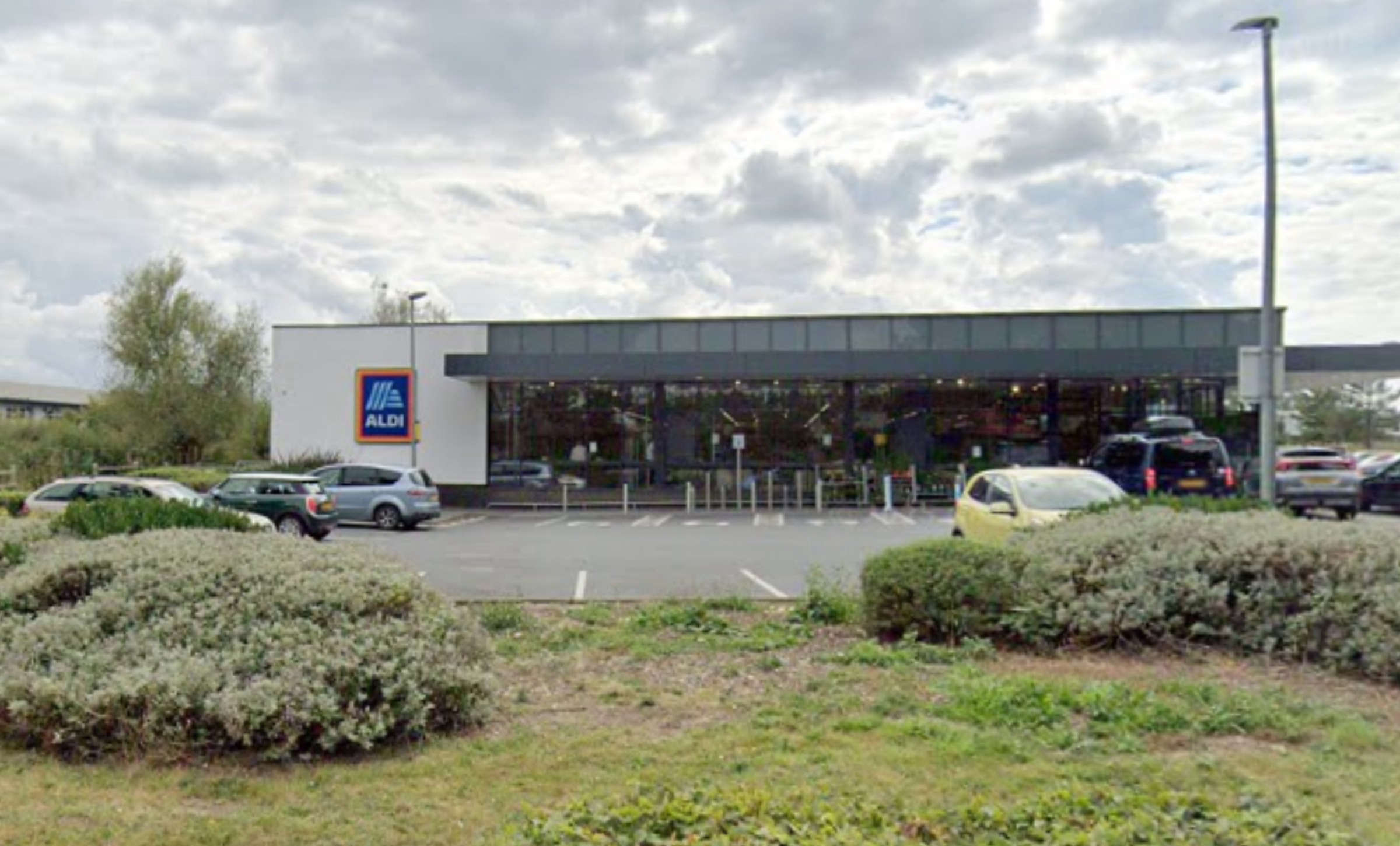 Cowes Supermarket To Have 272 Rooftop Solar Panels Installed
Cowes Supermarket To Have 272 Rooftop Solar Panels Installed
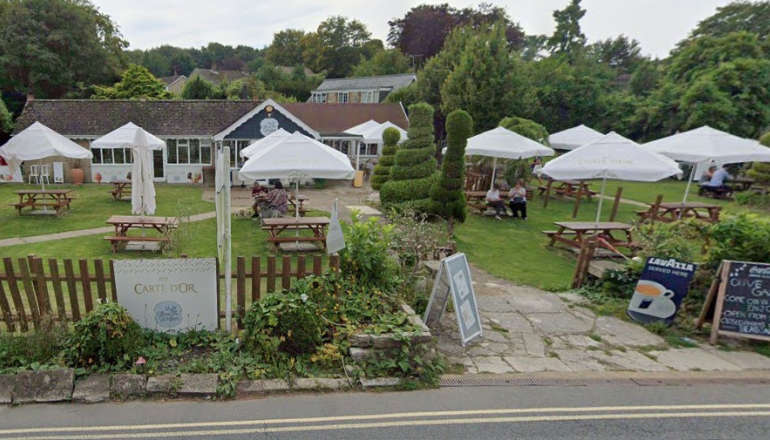 Bid Made To Convert And Replace Island Village Tea Rooms
Bid Made To Convert And Replace Island Village Tea Rooms
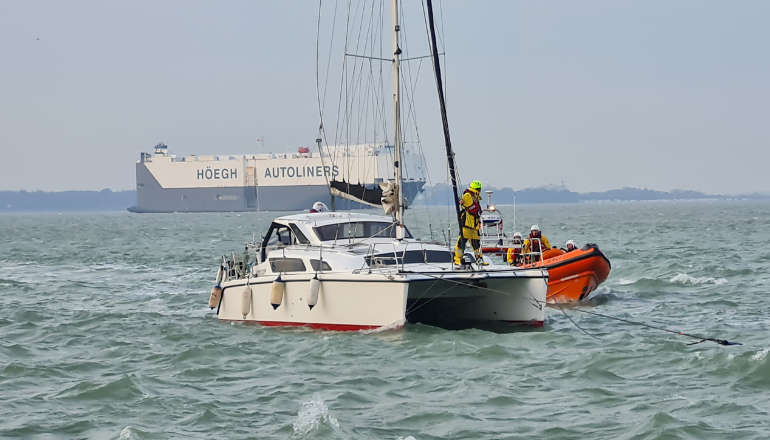 Cowes RNLI Lifeboat Assists In Catamaran Rescue
Cowes RNLI Lifeboat Assists In Catamaran Rescue
 Crash Causes Structural Damage To Sandown Community Building
Crash Causes Structural Damage To Sandown Community Building
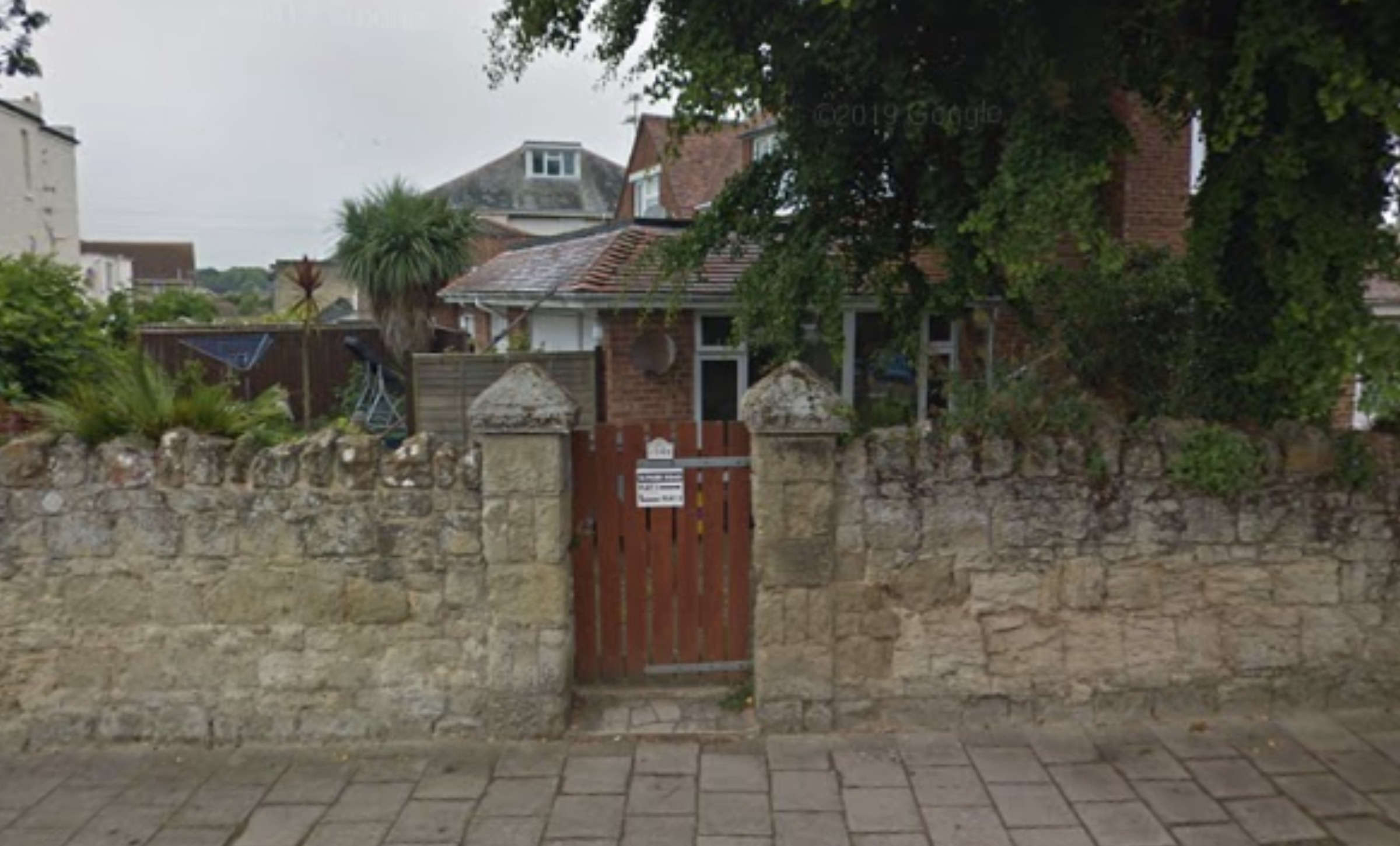 'Parenting Course' Flats Refused By Council - As Tenants Allowed To Stay For Now
'Parenting Course' Flats Refused By Council - As Tenants Allowed To Stay For Now
 Adult Gaming Centre Could Arrive In Newport As Application Submitted
Adult Gaming Centre Could Arrive In Newport As Application Submitted
 Proposals For New Lodges At Cheverton Copse Go Before Planners
Proposals For New Lodges At Cheverton Copse Go Before Planners
 Car Collides With Floating Bridge Kiosk In East Cowes
Car Collides With Floating Bridge Kiosk In East Cowes
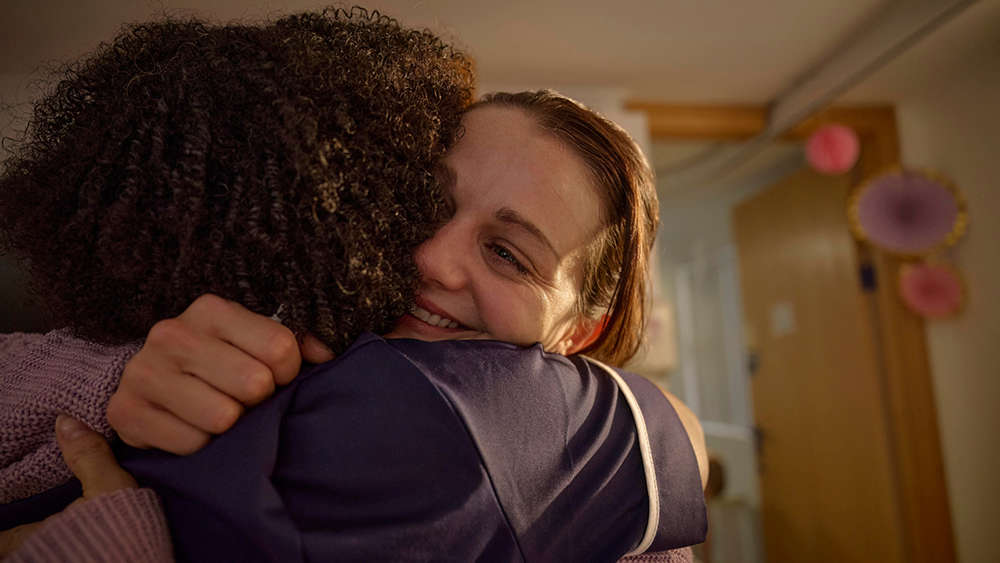 Mountbatten Hospice Joins National TV Fundraising Campaign
Mountbatten Hospice Joins National TV Fundraising Campaign
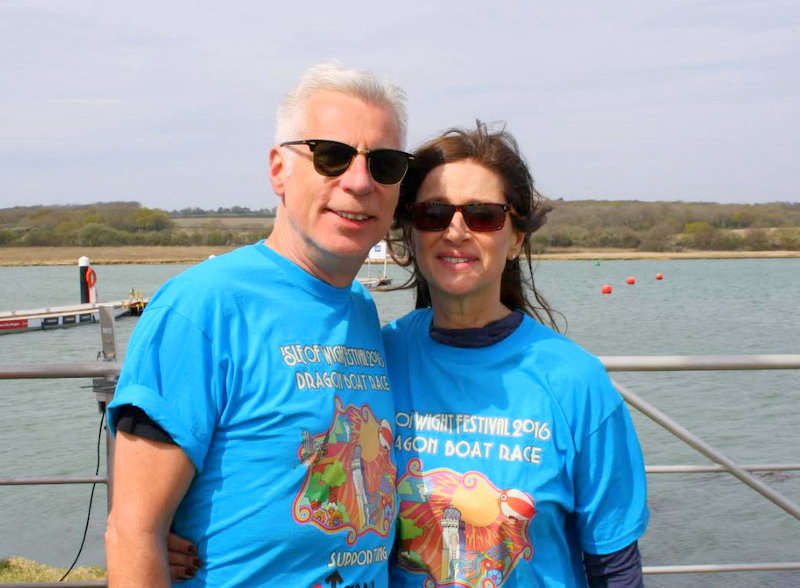 John Giddings 'Festival Promoter Of The Year' At International Awards
John Giddings 'Festival Promoter Of The Year' At International Awards
 CCTV Released Following Suspicious Incident In Wootton
CCTV Released Following Suspicious Incident In Wootton
 Man Jailed For Unprovoked Shanklin Stabbing
Man Jailed For Unprovoked Shanklin Stabbing
 Isle of Wight Theatre Awards Return With Glitzy Celebration Event
Isle of Wight Theatre Awards Return With Glitzy Celebration Event
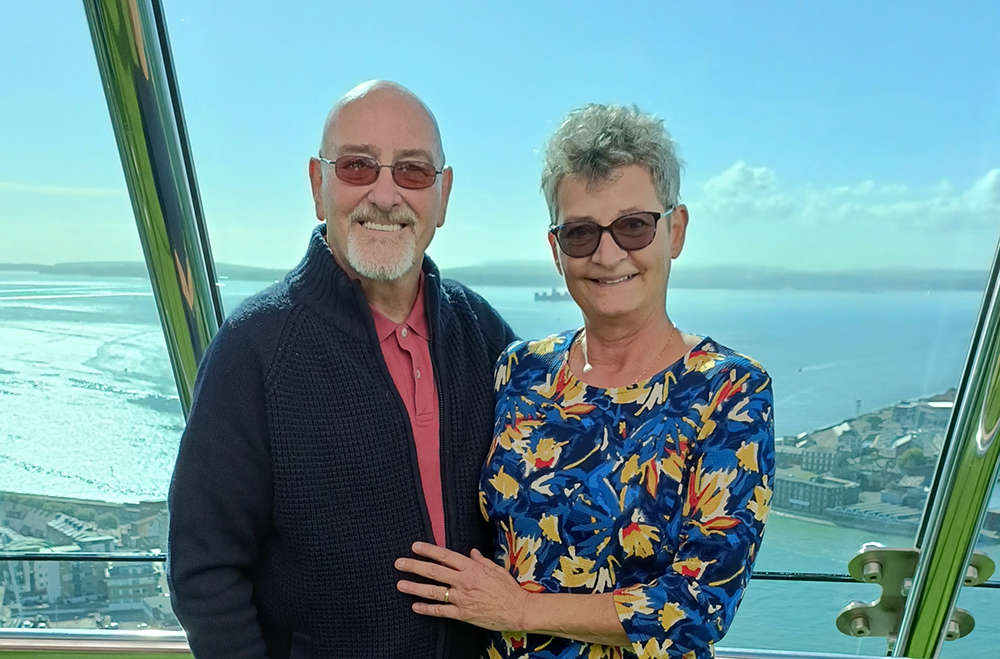 'Vital' Stroke Support Service To Be Revived Thanks To New Funding
'Vital' Stroke Support Service To Be Revived Thanks To New Funding
 Think Pharmacy First This Half Term Says Island's NHS
Think Pharmacy First This Half Term Says Island's NHS
 Isle of Wight Council Supporting Delivery Of Newport Affordable Housing Scheme
Isle of Wight Council Supporting Delivery Of Newport Affordable Housing Scheme
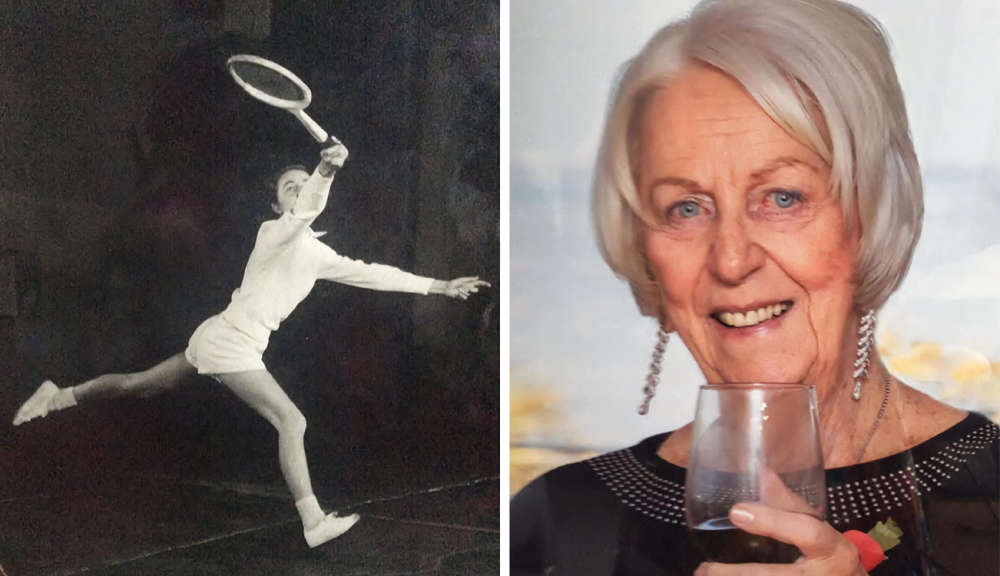 Ryde's Pat Awarded Freedom Of The Town For Sport Contributions
Ryde's Pat Awarded Freedom Of The Town For Sport Contributions


